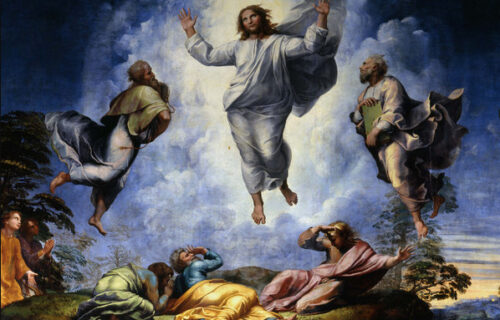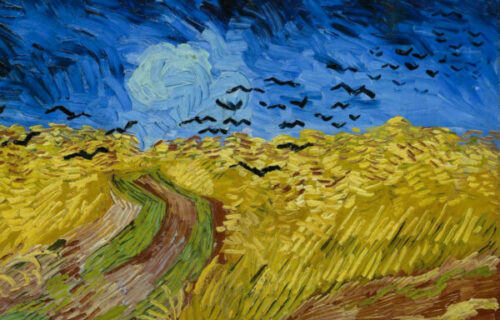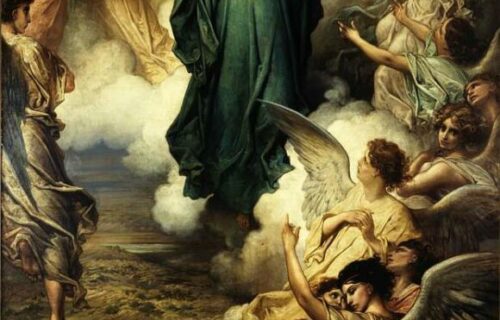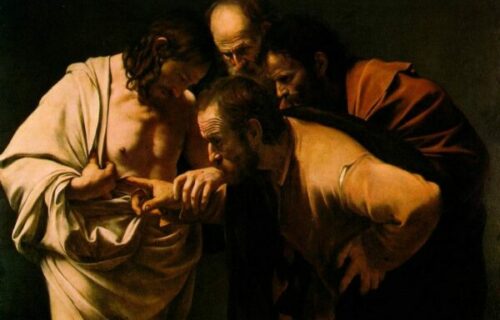Pseudo-Homilies 27 – Jesus, a backward xenophobe?

Twentieth Sunday in Ordinary Time – Year A Oh, this reading was meant to spark controversy! Jesus is in pagan land, in the region of Tire and Sidon. A local woman (Canaanite) asks him to save her sick daughter (she was said to have “a demon”, but that’s not necessarily meant as a demonic possession in the proper sense). Jesus, at least at first, appears unfriendly, contemptuous. He states that he’s been sent only to the lost sheep of the house of Israel! Only after doubling down, comparing pagans like her to house pets, It is not right to take the food of the children and throw it to the dogs…















































